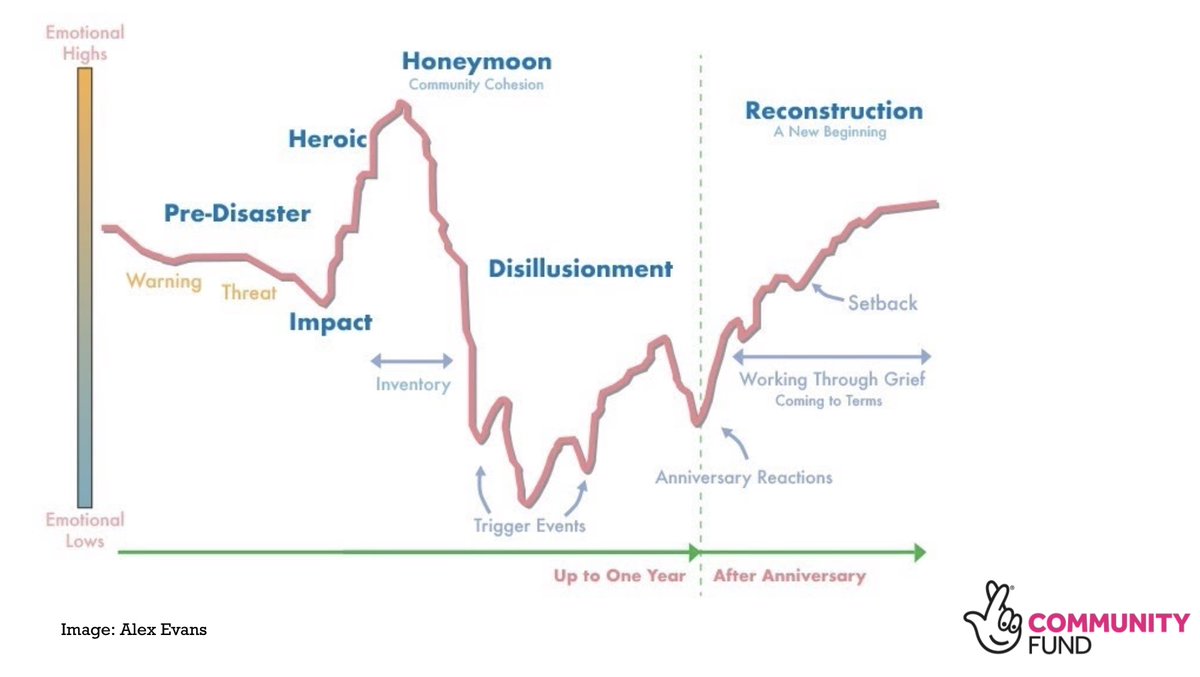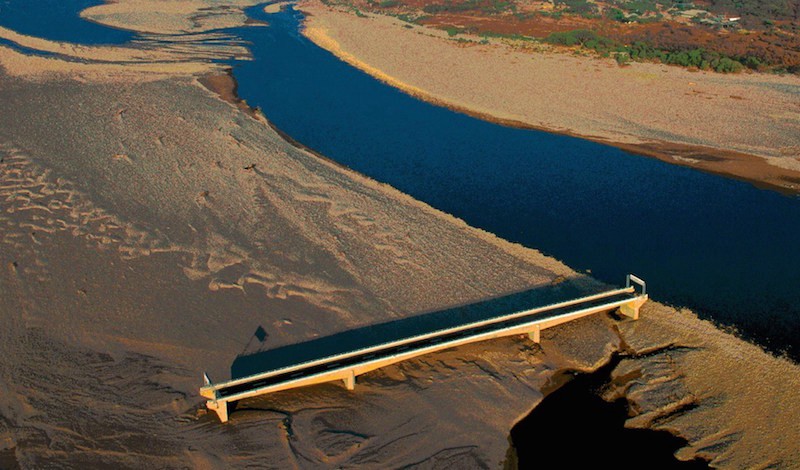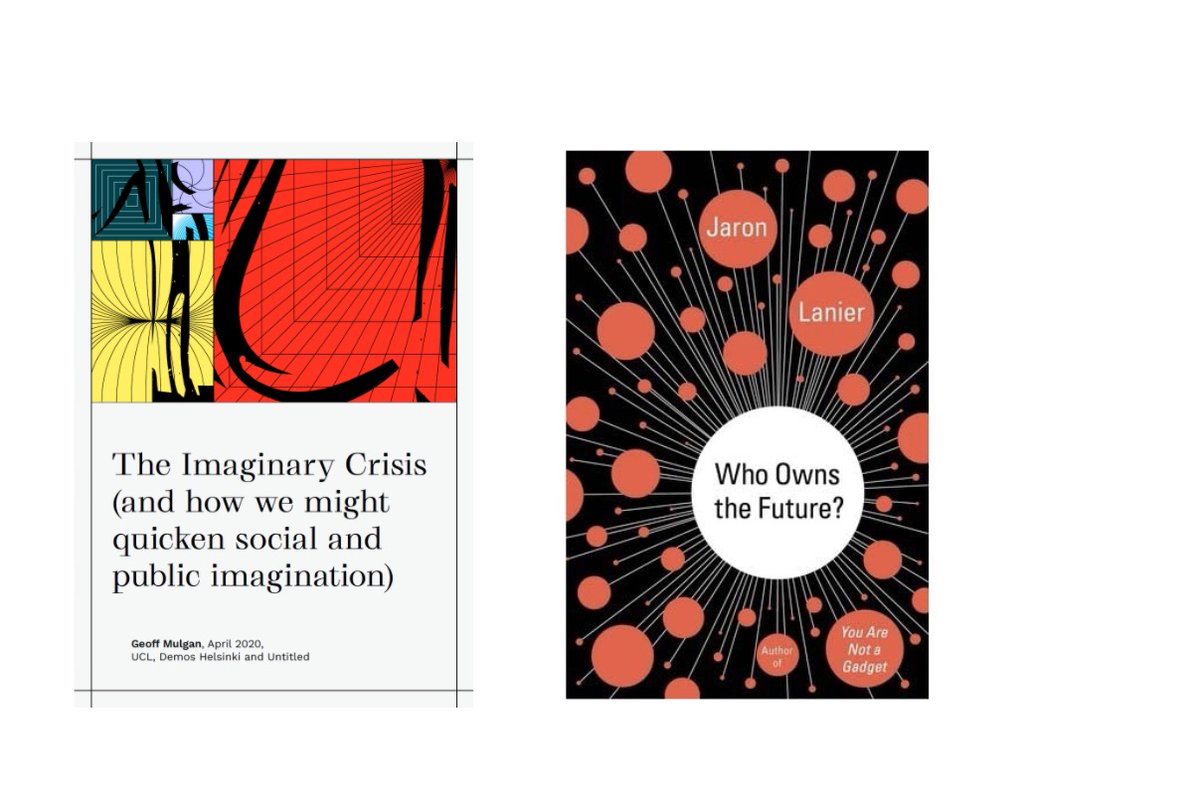At #NPCignites @NPCthinks this morning, my key points (as I left a few off!) were as follows. The longer time horizon and complex nature of this emergency means that we will be in a state of uncertainty and unpredictability for some time.
Therefore we know it’s important to look, listen, pay attention, and to be both responsive but also avoid only rushing to simple solutions quickly. At @TNLComFund we are doing both crisis, responsive funding + programmes like Emerging Futures Fund, Climate Action, Digital Fund.
We know organisations (+ Funders!) will need to be able to respond + flex to emerging needs & opportunities - continually re-prioritising & adapting to a changing context. So we& #39;re looking at ways to resource that capacity across communities and in charities -skills and funding.
So we are asking questions like - How can we support and resource communities and civil society organisations to build adaptive capacity? And what does ‘good’ look like?
How might we design funding and support to accommodate this kind of continual adaptation?
How might we design funding and support to accommodate this kind of continual adaptation?
And importantly, how might we ensure that adaptation activity is geared towards progress and transformation, not just plaster sticking?
Using this image as an analogy - how to create a bridge that keeps adapting to being relevant across the river?
Using this image as an analogy - how to create a bridge that keeps adapting to being relevant across the river?
This is also important (from @graham_iff ) "a renewal strategy to respond to the immediate crisis with a view to reducing future liabilities, it must consider three crisis horizons: those that are known, those that are knowable and predictable, and those that are unknowable.“
The unknowable is why anticipatory capacity is important, and why imagination is important. That& #39;s the intent of our Emerging Futures Fund. And who gets to shape the future is important too. https://www.tnlcommunityfund.org.uk/news/blog/2020-10-01/emerging-futures-fund-announces-2-million-in-grants-to-diverse-communities-across-the-uk">https://www.tnlcommunityfund.org.uk/news/blog...
Another key area of focus for us are the roles and relationships in ecosystems - the crisis is creating shared interests that didn’t exist before, and put communities and orgs, previously unknown to each other, in relationship with each other. How can we further support this?
We are considering how might we most effectively support ecologies to thrive? Including how different individuals, groups, communities, organisations and infrastructure work out their roles in relation to each other?
This requires good design, good data, and clarity of roles.
This requires good design, good data, and clarity of roles.
Lastly I talked about what else technology can afford? For example, we are doing more Participatory Grantmaking across @TNLComFund with communities having the power to make decisions in the rethinking and revitalising of their communities - how can digital and data assist this?

 Read on Twitter
Read on Twitter




